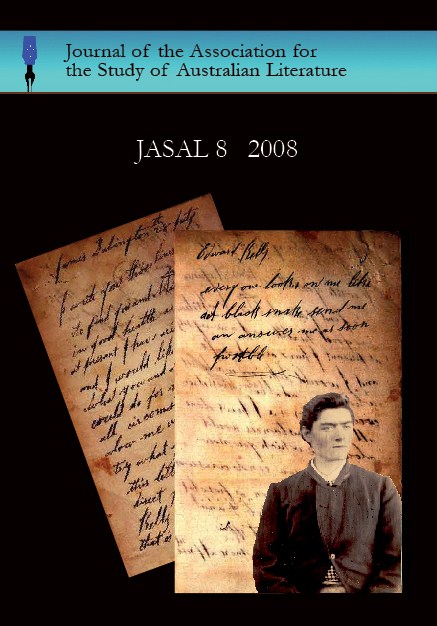Power, Vanishing Acts and Silent Watchers in Janette Turner Hospital's The Last Magician
Keywords:
identy, belonging, postcolonial transformationAbstract
In Janette Turner Hospital’s fifth novel The Last Magician this world-wandering daughter of Australian literature returns to the place she still calls “home”. The novel is set mainly in central Sydney, however, the narrative could well take place in any city of the developed new world, whether real or illusionary, and still anxious for self-definition. The narrative is grounded in the notion that a sense of the surreal will always remain in the mental landscape of any social and geographical space that refuses to admit the interaction of the marginalised, or alienates and denies the value of difference. Among other things, this paper argues that the novel declares an unwillingness to accept woman’s value as determined and measured by the already spoken rules and expectations of patriarchal discourse. Woman’s silence is wielded here as a weapon of resistance--an unconventional, anti-establishment form of power that recognises how language deceives and wishes to give the silences their say (120).Downloads
Published
2008-06-17
Issue
Section
Articles
License
The copyright for articles in this journal is retained by the author(s), with first publication rights granted to the journal. By virtue of their appearance in this open access journal, articles are free to use with proper attribution in educational and other non-commercial sectors.Attribution-NonCommercial-ShareAlike 2.1 Australia
This work is licensed under the Creative Commons Attribution-NonCommercial-ShareAlike 2.1 Australia License. To view a copy of this license, visit http://creativecommons.org/licenses/by-nc-sa/2.1/au/ or send a letter to Creative Commons, 543 Howard Street, 5th Floor, San Francisco, California, 94105, USA.
How to Cite
Power, Vanishing Acts and Silent Watchers in Janette Turner Hospital’s The Last Magician. (2008). Journal of the Association for the Study of Australian Literature, 8, 107-120. https://openjournals.library.sydney.edu.au/JASAL/article/view/9737

